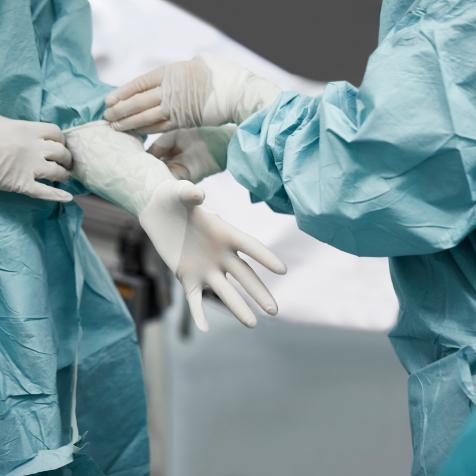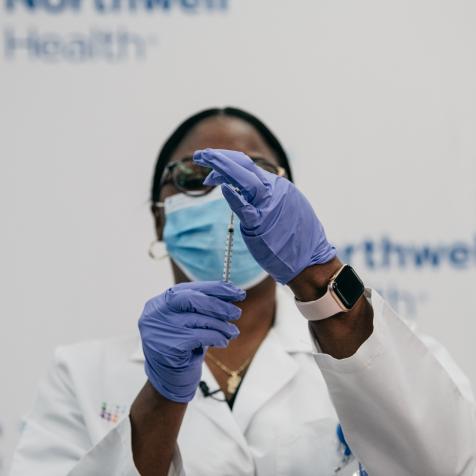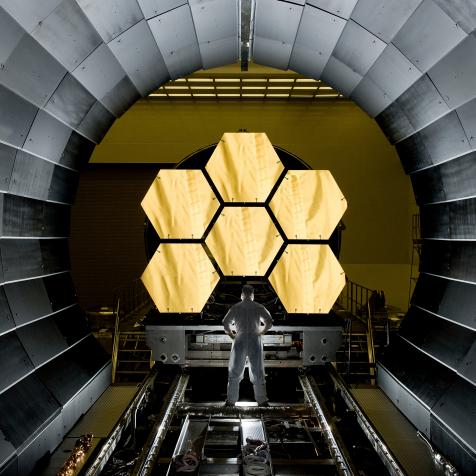
Woolly Mammoths Will Walk the Arctic Tundra Again
Using breakthrough advances in CRISPR genetic engineering, a new wave of thoughtful disruptive conservation and restorative biology aims to rewild degraded ecosystems to help combat the effects of climate change and loss of biodiversity.
Revolutionary entrepreneur Ben Lamm has announced the launch of a bioscience and genetics company, Colossal. Co-founded with a world-renowned geneticist and biotech entrepreneur George Church, Ph.D., the company's goal is to advance the field of species de-extinction.
The frontier of disruptive conservation is aimed at fighting climate change via ecosystem restoration. Colossal will use CRISPR technology to pioneer a working model of de-extinction. Dr. Church explained their use of this revolutionary tech, "CRISPR technology has far-reaching implications on the way we live and how we can create a more sustainable existence, including de-extinction, ecosystem revival, diagnostics, and human disease prevention. This is the first step in a new chapter in human history.”
An expert in this field, Dr. Church is the Robert Winthrop Professor of Genetics at Harvard Medical School (HMS) and a Core Faculty member at the Wyss Institute for Biologically Inspired Engineering at Harvard University, has pioneered several breakthroughs that have progressed the field of genomics, including CRISPR.
This technology is a disruption in the field of conservation. Restoring lost ecosystems has the potential to help halt and reverse the effects of climate change, founder Ben Lamm announced, “Colossal is excited to bring the woolly mammoth back to Earth, but our team is equally as inspired by the potential the technology has to preserve existing species and ecosystems."
Colossal will partner with leading wildlife conservationists to halt the on-going species extinction occurring throughout the world. The goal of Colossal’s rewilding efforts is to return extinct species to their original habitats so they can revitalize lost ecosystems for a healthier planet.

















